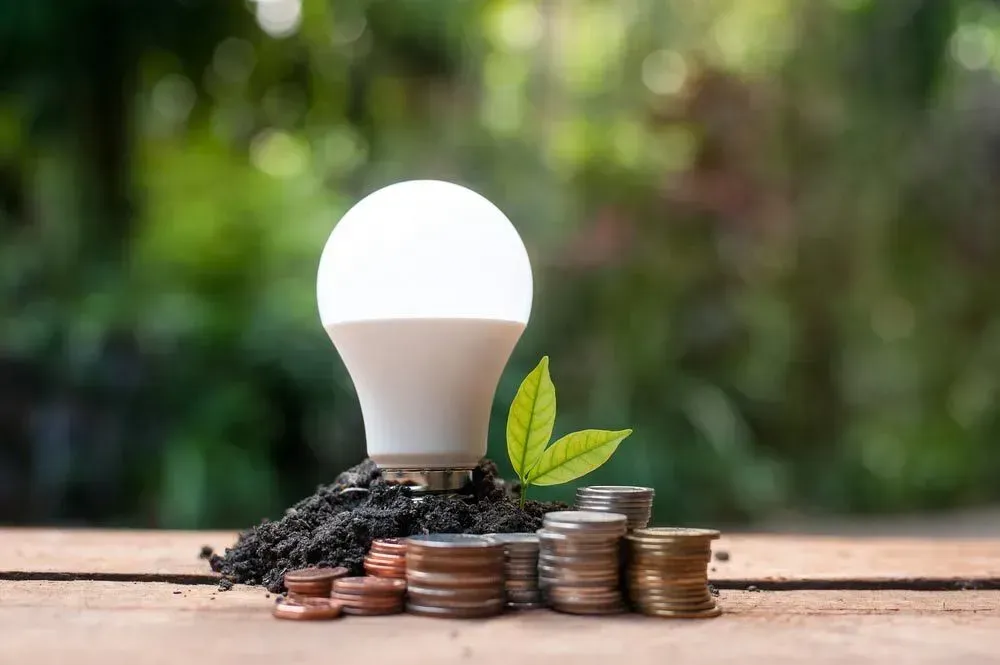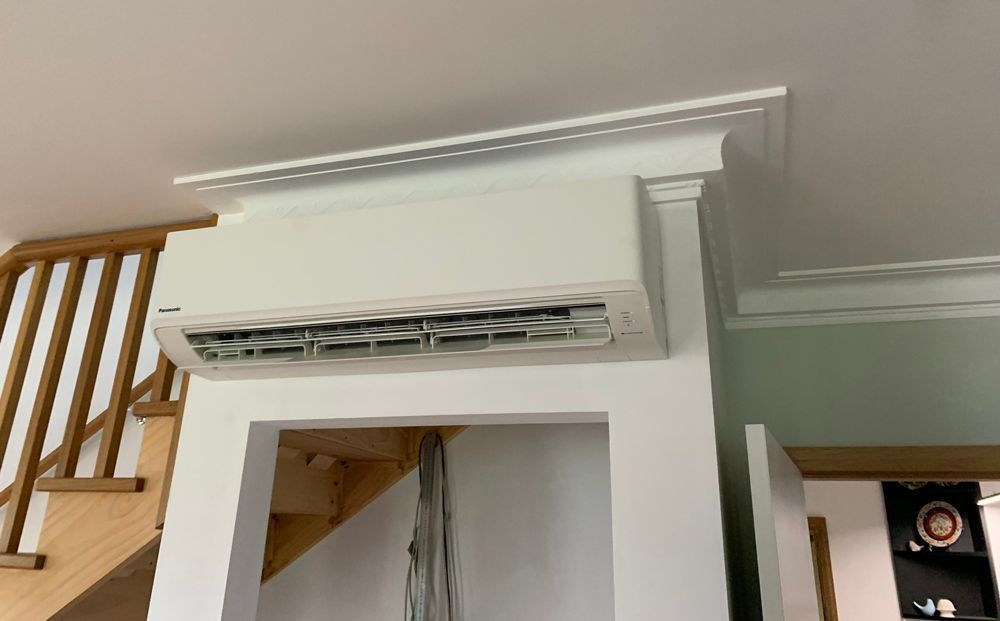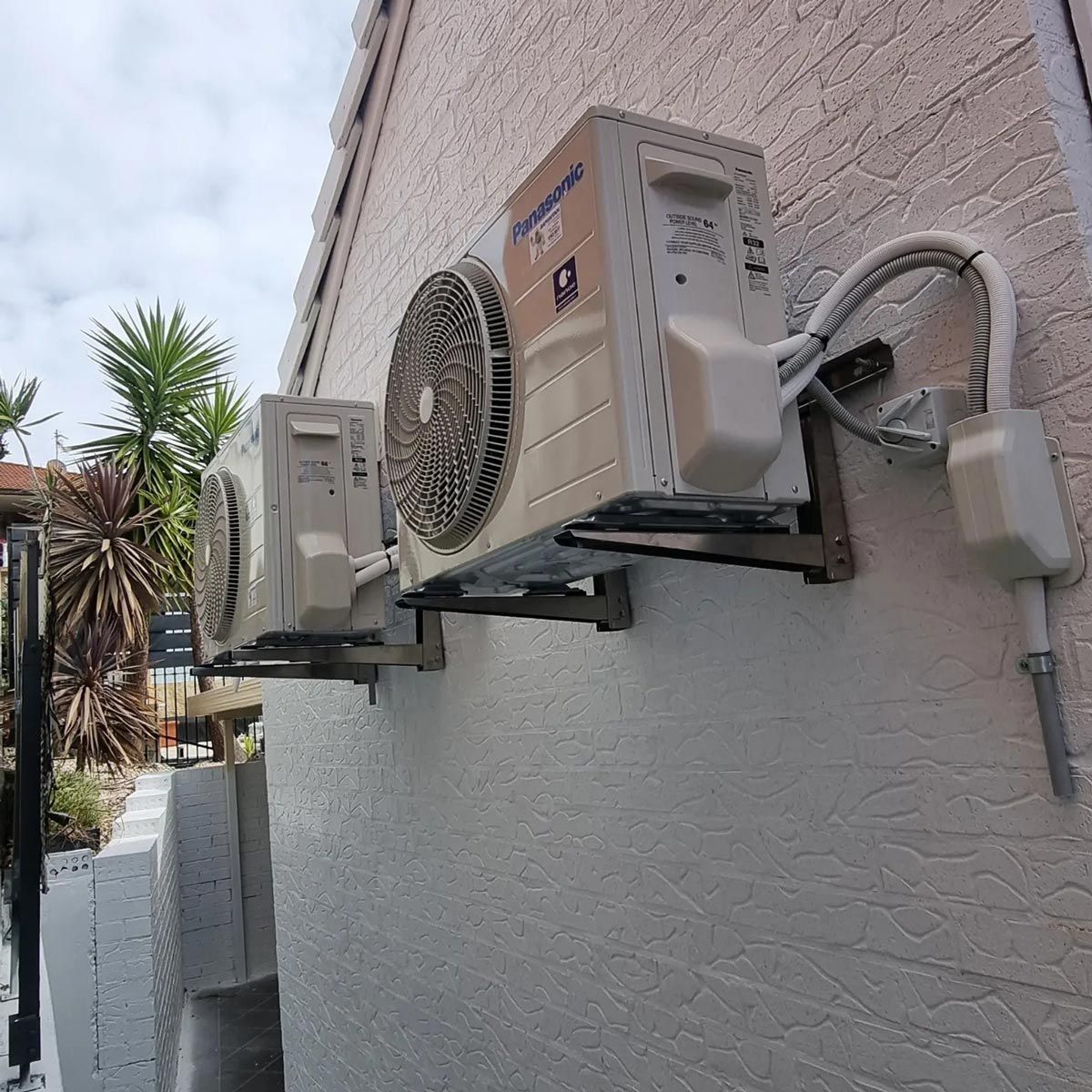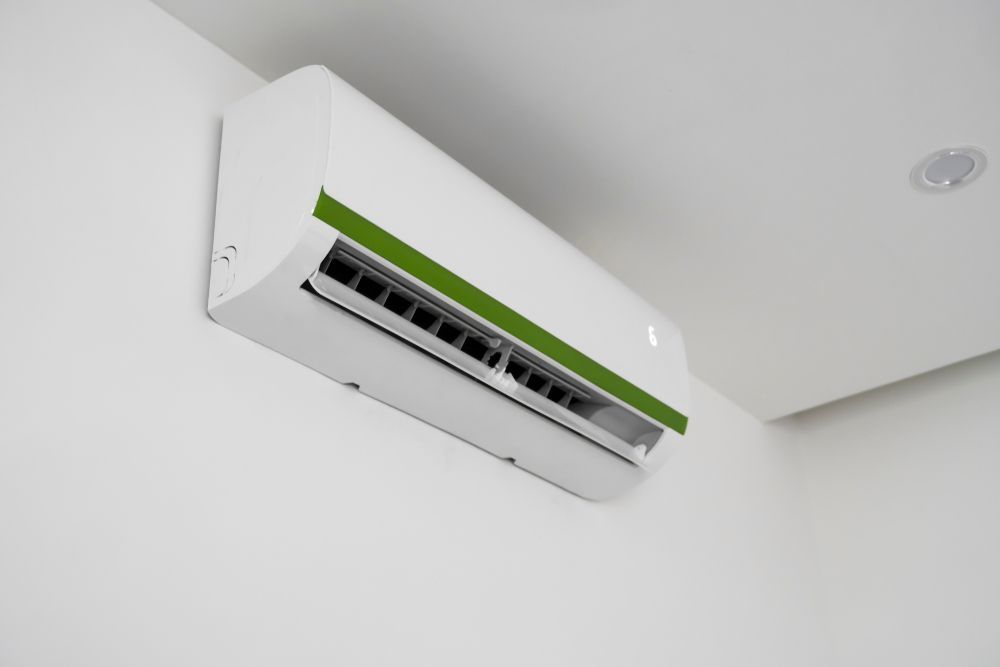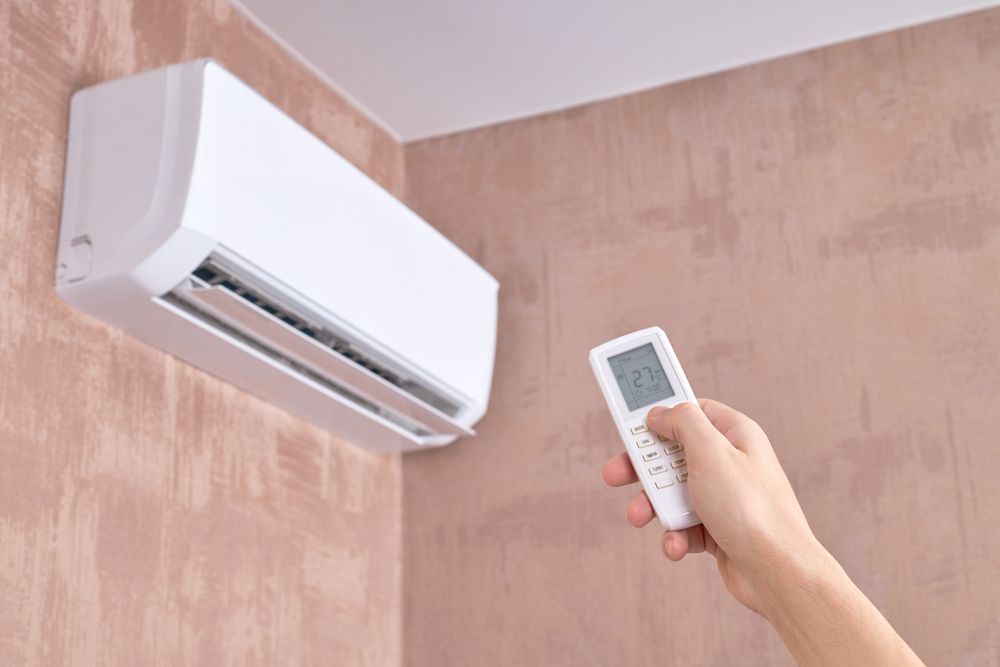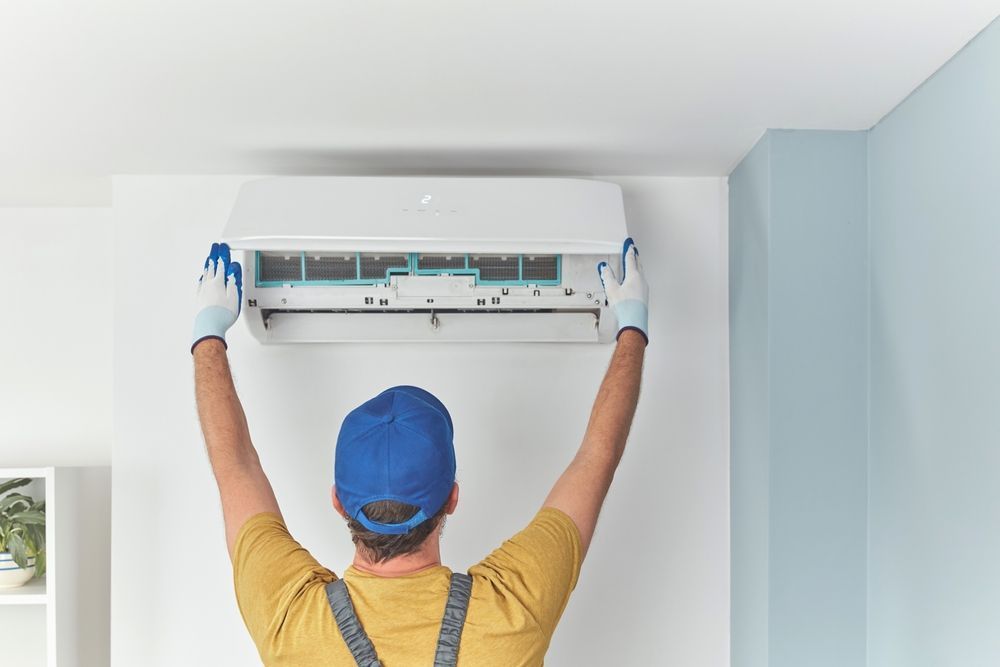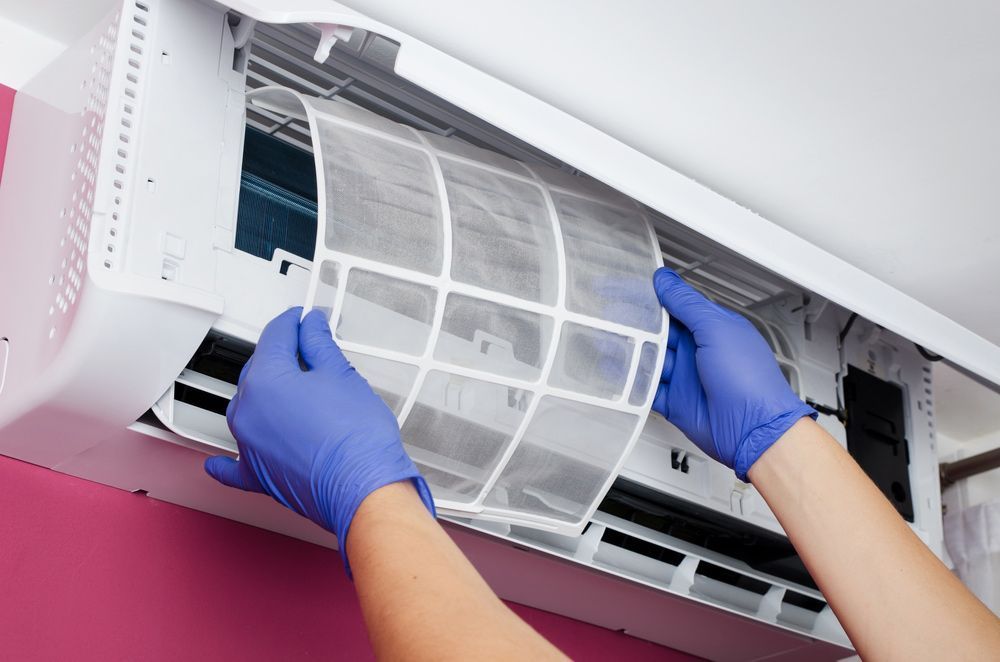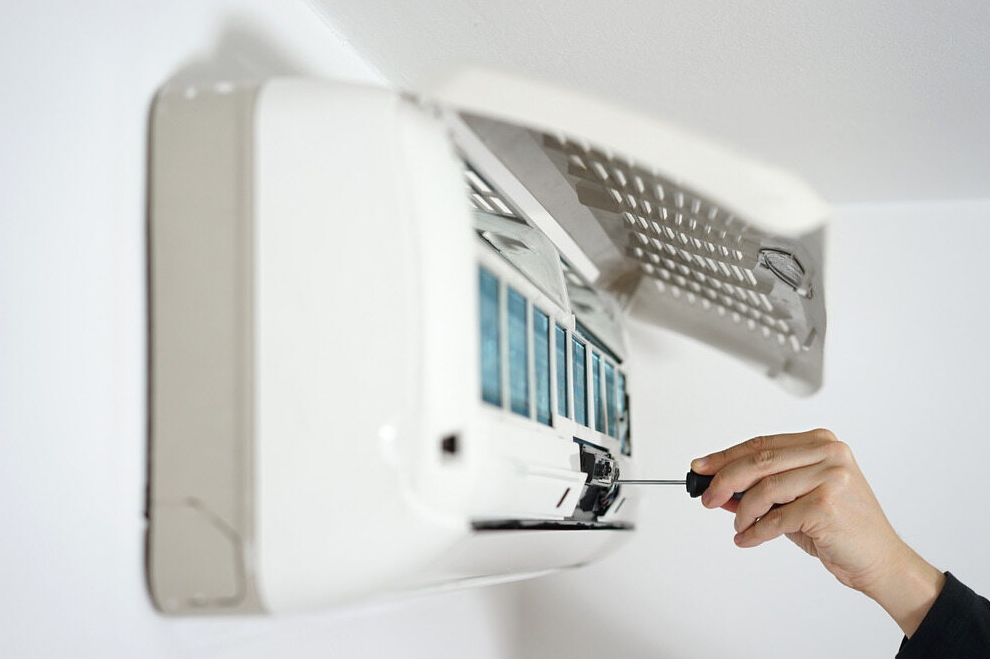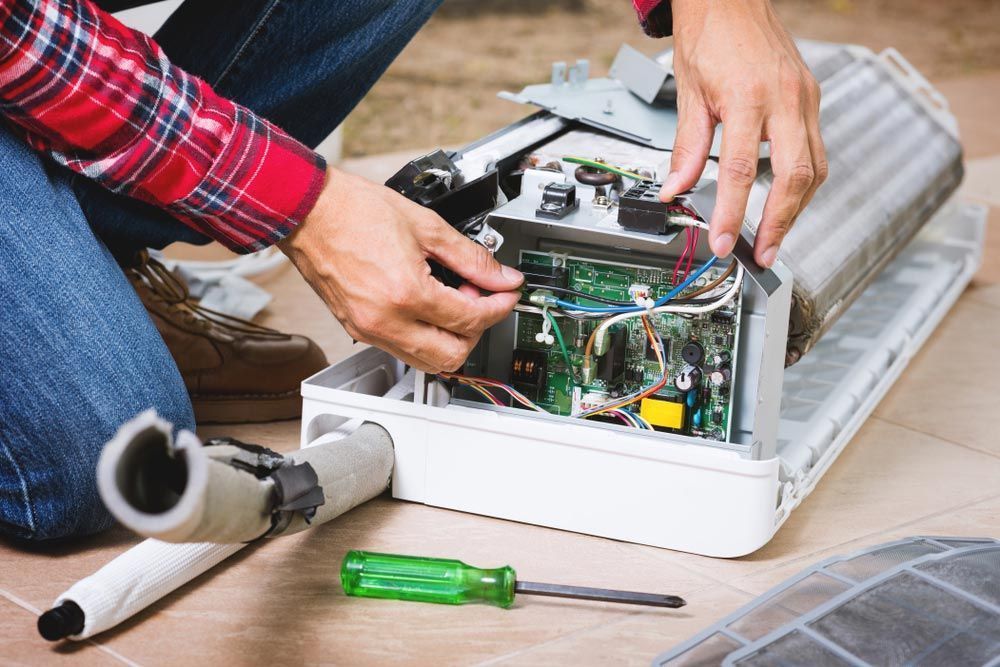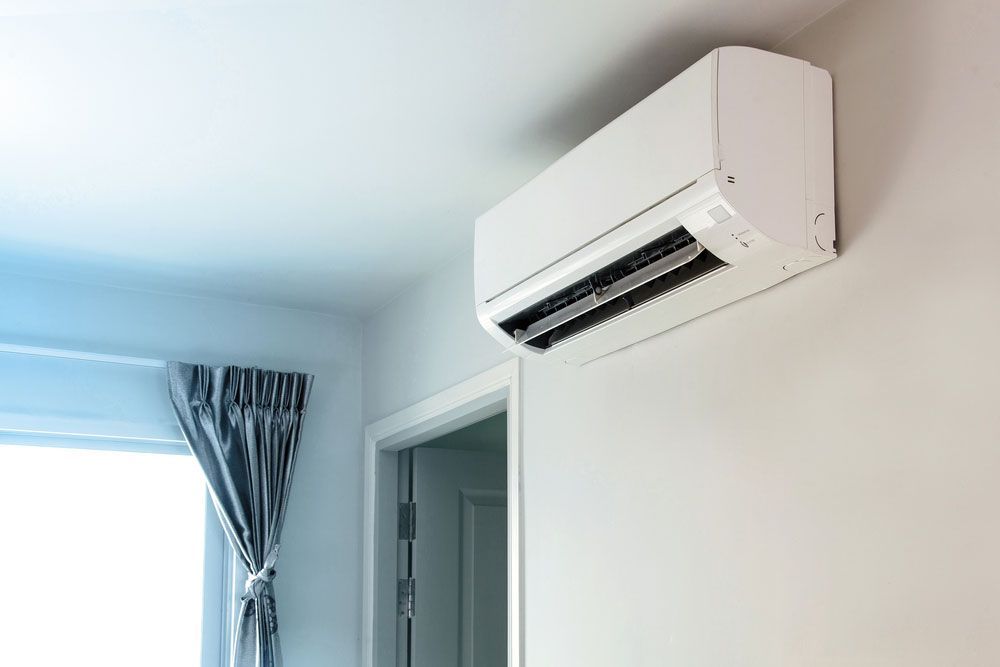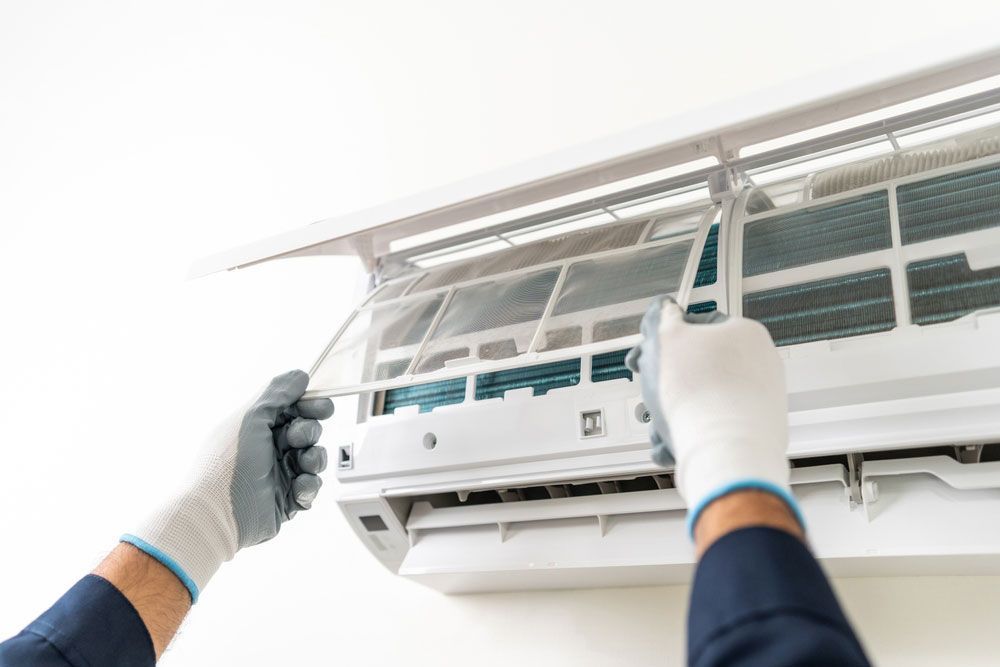How To Reduce Energy Usage In Commercial Buildings
August 31, 2023
Navigating the intricacies of energy consumption in commercial buildings can be a challenging task. However, with constantly increasing energy expenses and the growing importance of sustainable practices, addressing this issue has become important. This blog aims to shed light on various methods and strategies for reducing energy usage in commercial buildings.
The Role of Energy Audits in Cutting Costs
One of the most effective ways to lower energy consumption is through regular energy audits. These audits help identify inefficiencies in your energy usage. Essentially, an energy audit is a comprehensive assessment of the energy needs and efficiency of a building or complex. Once areas of inefficiency have been identified, you can then proceed with implementing corrective measures to optimise energy consumption. The ultimate goal is to achieve a balance between operational needs and energy usage, thus cutting costs in the long run.
Intelligent Lighting Solutions For Office Spaces
- Motion-Activated Lighting: These lights automatically turn on when they detect movement, thereby reducing the energy wasted on unoccupied spaces.
- Timer-Based Lighting: Scheduling lights to turn on or off at specific times can be highly effective in limiting unnecessary usage.
- Daylight Harvesting: This involves the use of natural light, where possible, to reduce dependency on artificial lighting.
HVAC Optimisation: A Strategic Approach
Predictive Maintenance
Maintaining your HVAC system is not just about fixing it when it's broken; it's about preventing breakdowns in the first place. Predictive maintenance involves using data analytics to anticipate when a component is likely to fail so that it can be replaced or repaired before it leads to a system failure.
Smart Thermostats
Smart thermostats learn from your behaviour and allow you to control your heating and cooling remotely. This adds a layer of convenience while also making your HVAC system more efficient, thereby contributing to reduced energy consumption.
Energy-Efficient Appliances: A Worthwhile Investment
Investing in energy-efficient appliances may seem like an expensive upfront cost, but the long-term savings can be substantial. According to various case studies, the return on investment (ROI) can often be realised within just a few years. Moreover, these appliances tend to have a longer lifespan, reducing the need for frequent replacements and contributing to cost savings in the long run.
Behavioural Changes: Encouraging Energy-Conscious Habits
- Switch-Off Policy: Encourage staff to switch off lights and appliances when not in use.
- Green Champions: Assigning roles to employees who are responsible for overseeing energy-saving initiatives can keep the team engaged.
- Training Programs: Regular sessions can be beneficial in educating staff on the importance of being energy conscious.
Retrofitting: Maximising Existing Infrastructure
- Lighting Upgrades: By retrofitting existing lighting systems with energy-efficient options such as LED, significant energy reductions can be achieved.
- Insulation Improvements: Enhanced insulation can reduce the load on HVAC systems, making your building more energy-efficient.
- HVAC Upgrades: Implementing an energy-efficient HVAC system can provide substantial long-term benefits in reducing energy consumption and operational costs.
Make Your Commercial Building More Energy-efficient
When it comes to implementing energy-efficient practices, partnering with a reliable service provider can have a significant impact. At
Rapidcool Air Conditioning & Electrical
, we focus on delivering tailored solutions and advice to help you incorporate energy-efficient strategies for your commercial space.
Contact us today
for a no-obligation quote.

